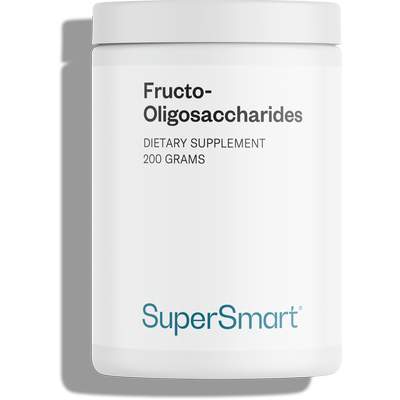14-03-2017
Atopic dermatitis: the benefits of prebiotics and probiotics
 Allergies affect between 30% and 40% of the world’s population. They have multiple causes and take various forms such as food allergies, allergic rhinitis, asthma, and atopic dermatitis or eczema. Focusing on atopic dermatitis, a recently-published Japanese study conducted at the University of Chiba has both improved our understanding of why people develop this form of allergy, and identified potential new approaches to preventing and treating it. 1.
Allergies affect between 30% and 40% of the world’s population. They have multiple causes and take various forms such as food allergies, allergic rhinitis, asthma, and atopic dermatitis or eczema. Focusing on atopic dermatitis, a recently-published Japanese study conducted at the University of Chiba has both improved our understanding of why people develop this form of allergy, and identified potential new approaches to preventing and treating it. 1.
Link between gut flora and atopic dermatitis
While infants are particularly affected by atopic dermatitis, it is also seen in adolescents and adults. An increasingly prevalent disorder, atopic dermatitis is actually a form of eczema; indeed it is also known as atopic eczema. Like other forms of eczema, it causes redness, itching and patches of dry skin and is the result of chronic inflammation of the skin generally caused by a faulty immune system which over-reacts to allergens. In analysing the many studies conducted on atopic dermatitis, the Japanese research team identified a link between the onset of this disorder and our gut flora, or intestinal microbiota. What they found were differences between the intestinal microbiota of healthy subjects and that of atopic dermatitis sufferers. Gut flora, which is made up of various strains of micro-organism, is known to play an essential role in our immune response to infection and inflammation. Imbalances between these strains can affect the body, which is precisely what researchers have observed in people with atopic eczema. These individuals’ gut flora displayed a number of significant differences from that of healthy subjects, such as fewer lactobacilli and higher levels of certain species of staphylococcus and enterobacteriaceae.
The benefits of prebiotics and probiotics in tackling atopic eczema
Given this link between gut flora and atopic dermatitis, the Japanese research team set about evaluating the efficacy of various treatments, one of which was probiotics, microorganisms which naturally make up our gut flora. When consumed in sufficient quantities, probiotics are known for their health benefits, as discussed in the article on their many preventive and curative effects. The researchers also looked at prebiotics, substances that stimulate the growth of gut flora microorganisms and probiotics. This is why probiotics and prebiotics are sometimes combined in dietary supplements to provide optimal efficacy, such as in the formulation Probio Forte™ In a single capsule, this product combines almost 8 billion microorganisms from five different bacterial strains, with various prebiotics. The Japanese study, published in the journal Pediatric Allergy, Immunology, and Pulmonology in December 2016, demonstrated that probiotics could offer considerable potential in preventing atopic dermatitis. These preliminary findings could furthermore lead to the development of personalised treatments based on probiotics and prebiotics – a serious therapeutic approach which is currently the subject of several scientific studies!
> Source :
1. Dissanayake Eishika and Shimojo Naoki, Probiotics and Prebiotics in the Prevention and Treatment of Atopic Dermatitis, Pediatric Allergy, Immunology, and Pulmonology, December 2016, 29(4): 174-180.
Order the nutrients mentioned in this article

Probiotic mix; 8 billion microorganisms per capsule. In gastro-resistant capsules for optimum efficacy
www.supersmart.com
Bifido-active fibre. Improves intestinal health and boosts the body's own natural defences
www.supersmart.comFurther reading
19-09-2016
The results of clinical research published over the last fifteen years highlight the many beneficial effects of probiotics. They appear to have both preventive and...
Read more20-02-2017
Recent research could improve our understanding of the origins of Crohn’s disease, a rare and highly complex condition characterised by chronic inflammation of the intestines....
Read more22-02-2017
Louis XIV famously suffered from severe constipation and his doctors would regularly ask him: ”Comment allez-vous (How are you)?”, when what they actually meant was:...
Read more© 1997-2025 Fondation pour le Libre Choix
All rights reserved
All rights reserved
Free
Thank you for visiting our site. Before you go
REGISTER WITHClub SuperSmart
And take advantage
of exclusive benefits:
of exclusive benefits:
- Free: our weekly science-based newsletter "Nutranews"
- Special offers for club members only


















